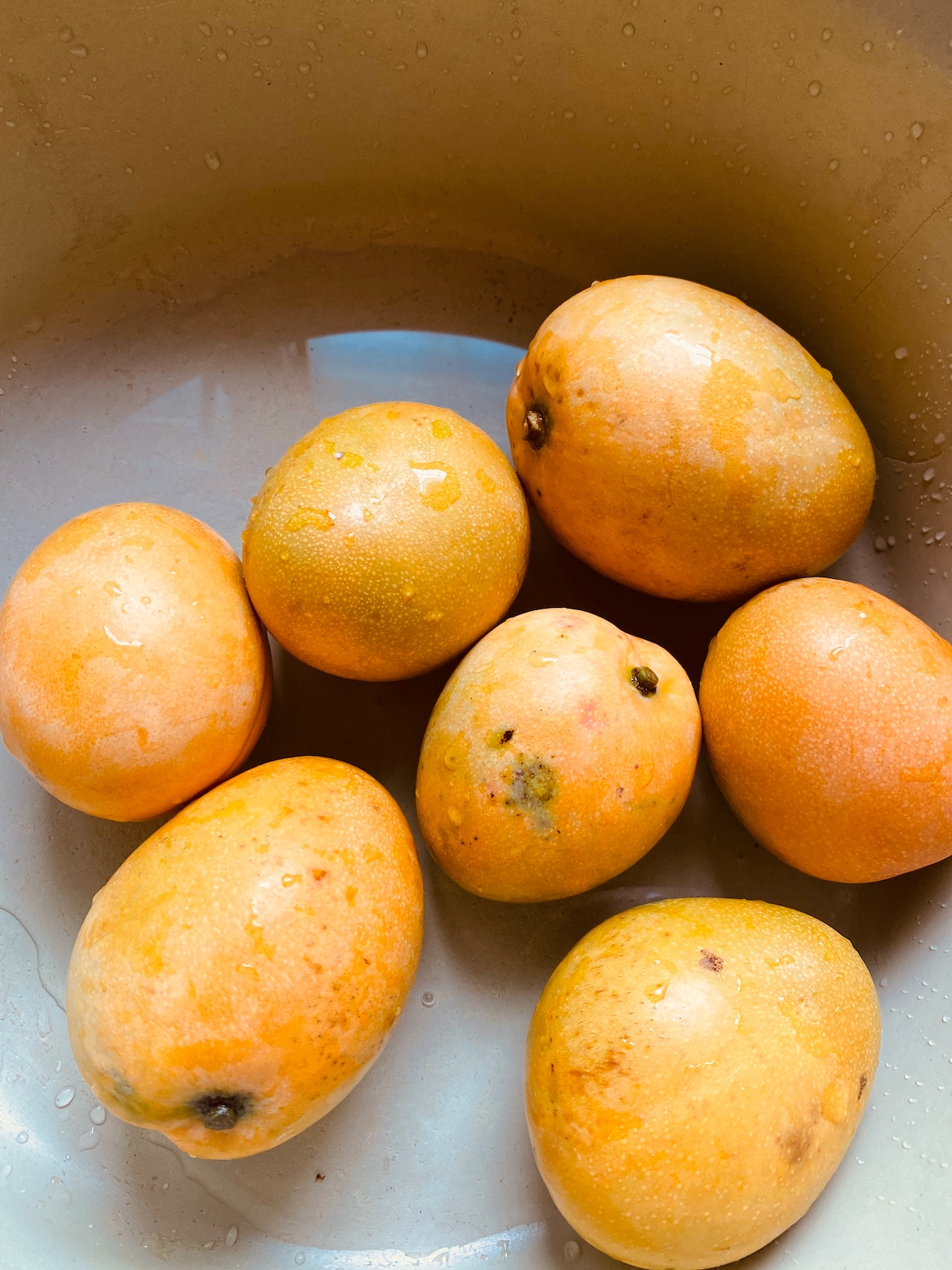
When I was young, I had a brother who lived in Lagos. Any time he came to visit us in Iwo, he always requested to buy plenty of fruit before heading back, especially mangoes. I always wondered if there were no mangoes where he came from. When I eventually asked one day, he said there were mangoes but they were too expensive, compared to those in Iwo. I couldn’t relate; just opposite our home, there was a forest where we could pluck as many mangoes as we wanted. Even when we were banned from entering the forest because it’s government-owned, I still had easy access to mangoes as people hawked them right past my home.
Many years after, I can now relate because I have moved to the city (not Lagos). I have only had mangoes twice this year. The two times I bought them, a piece went for 100 Naira and I had to take a bus to the general market or certain supermarkets that sold them. When I was younger, 200 naira worth of mangoes was enough for almost everyone at home. I acknowledge that times have changed, but a chat with a friend at home recently revealed that it is still almost the same.
_
There is something about moving to the city, you get to see beautiful things and places. You go home and feed people with stories of fancy places and exotic meals but you know, deep down, that you’re missing some childhood memories. There is an indescribable feeling from eating a mango hastily knowing so well you’d get another. But in the city, you eat slowly, savouring the taste of each bite because you’re not sure of when next you’d get another.
Moving from a small town to a bustling city was an exciting change, filled with new experiences and opportunities, of course, but amidst the modern conveniences, I couldn’t help but feel a sense of nostalgia for the simple pleasures of my childhood. In the city, everything comes at a price, and now, enjoying a mango is a luxury. The exorbitant cost and the effort required to get a once-easily-accessible fruit made me appreciate its taste and significance in a whole new way.
There are a lot of factors responsible for this. The first and major factor is the high cost of transportation. Transporting fruits (and perishable items) from the farms and rural areas to the city is largely expensive for traders. As the price of petroleum rises, the cost of transporting the fruits to the city rises. In turn, the price of the fruits increases, after all, farmers and traders have to make a profit. The condition of the roads also plays a crucial role in this regard. In many cases, rural areas have poorly constructed and maintained roads, which can make transportation more challenging and costly. Bad roads increase the risk of damage to the goods being transported, which in turn leads to higher costs for traders, who then ensure they can make their profit from the remaining undamaged goods. These factors collectively contribute to making the fruits more expensive by the time they reach the city. But even those in the city who grow these fruits in their compounds would sell at higher prices, compared to the villages where mango on trees are (most likely) free for all. Let me not talk about traders who don’t go through the transportation and fuel brouhaha increasing the prices of the fruits because they believe city people are rich.
I understand inflation, the rising cost, stress, and hazards of transporting these fruits, and I know that these are factors that make the prices of mangoes (fruits and veggies, generally) what they are in cities. Still, I’m just here wishing we could go back to times we could buy 3-for-fifty-naira mangoes.
***
Feature Image by Nana Abena Asiedua Akomeah from Pexels. Are you interested in becoming a BellaNaija contributor? We want to read from you. Send an email to features@bellanaija.com
The post Ahmad Adedimeji Amobi: Why Are Mangoes Getting Scarce in The City? appeared first on BellaNaija - Showcasing Africa to the world. Read today!.
from BellaNaija https://ift.tt/uf0b53y
